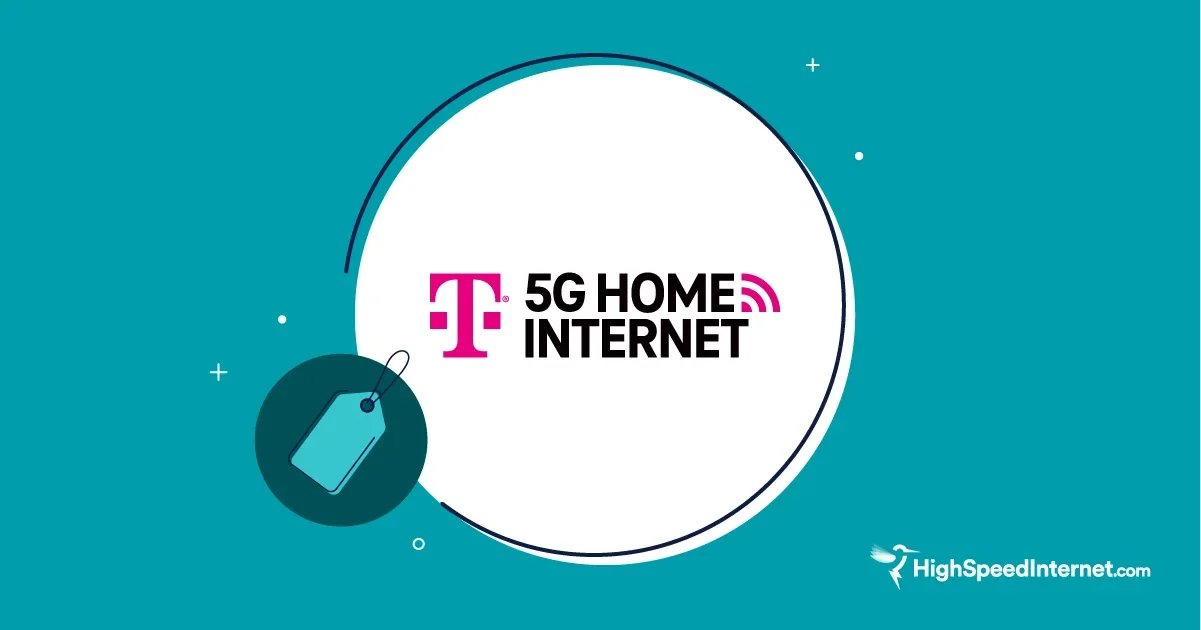Court Blocks Net Neutrality Protections
National standards for broadband reliability, security, and consumer protection are on hold... again
Sep 11, 2024 | Share
News
Just a few months after the FCC voted 3–2 to reinstate net neutrality protections that were repealed in 2017, this ruling has been put on hold by the Sixth Circuit U.S. Court of Appeals pending challenges by the telecom industry.
While this is a significant setback for proponents of net neutrality, it’s certainly not an unexpected or unprecedented development in the battle that has been going back and forth for nearly 15 years.
What is net neutrality?
Net neutrality is the position that those companies that control the infrastructure of the internet should treat all data moving across their networks equally. This means that they should not block, slow, or otherwise penalize users based on the content, source, or destination of their data.
This is important because it prevents internet service providers (ISPs) from making deals to advantage one company over another. For example, under net neutrality, an ISP can’t slow down traffic coming from Hulu because it made a deal to prioritize Amazon Prime.
Net neutrality is foundational to the concept of the internet as a free, open, and fair medium of communication. Much of the innovation that has come out of Silicon Valley over the last 30 years was facilitated by the fact that everyone has equal access to the internet. Netflix wouldn’t have taken off if the ISPs of the 2000s had conspired with the big companies like Blockbuster to undermine its streaming capabilities. Would we have had Spotify if music industry behemoths like Warner and Universal could have just paid ISPs to block it?
We’ve already had examples of companies abusing their control of the internet following the repeal of net neutrality protections in 2018. This included companies throttling the internet of firefighters during a fire to extort money out of them, upselling customers during life-threatening circumstances following Hurricane Florence, and targeting users based on their use of video streaming services or video chat, just to name a few.
The Sixth Circuit ruling
The challenge to the recent reinstatement of net neutrality protections was filed in the U.S Sixth Circuit, which runs roughly from Tennessee to Wisconsin. The court temporarily paused the enforcement of the FCC’s new rules on July 12. Before that hold expired, however, the FCC rules were again blocked by the court, with oral arguments for the appeal scheduled for late October or early November.
Statements from the court, alongside this most recent motion to halt the new net neutrality protections, suggest that it finds the industry arguments compelling and that it’s likely to overturn the FCC’s rules.
Latest clash in a 15-year battle
This legal challenge is just the latest in the back-and-forth battle being waged between the telecom industry and advocates for consumer protections. Strong net neutrality protections were first introduced by the FCC in 2010. They were almost immediately challenged in court by Verizon and overturned in 2014. New rules were introduced by the FCC in 2015. Two years later, the new FCC chairman, Ajit Pai, repealed these net neutrality rules.
Pai resigned from the FCC in January 2021, making way for the new pro-net neutrality chairwoman, Jessica Rosenworcel, who was confirmed that year; however, no new net neutrality rules were put in place due to a vacant seat on the commission. This seat was left vacant by the U.S. Senate for three years, leaving the FCC in a 2-2 deadlock over net neutrality.
In September 2023, the FCC finally confirmed the fifth member of the commission, breaking the deadlock and making way for new net neutrality rules that were passed on April 25, 2024. Now those rules are once again blocked and looking unlikely to survive the current challenge before the skeptical Sixth Circuit Court.
Final thoughts
This decision from the Sixth Circuit, while disheartening, isn’t particularly shocking. Although millions of Americans have asked the FCC to protect net neutrality, courts have consistently questioned how much authority the FCC has to actually enforce any net neutrality protections. In that sense, this is just the latest setback in the struggle to keep the internet fair and open.
That said, this round of legal challenges comes against a backdrop of a much broader regulatory dysfunction in the U.S. Government. The overturning of Chevron v. Natural Resources Defense Council by the Supreme Court in June 2024 brings into question not just whether or not the FCC has the power to regulate communications, but whether any federal agency can regulate the industries they ostensibly oversee.
At the same time, telecom companies are trying to argue that states don’t have the power to regulate communications either. So the debate over net neutrality is even more mired in contradictions and ambiguities than ever.
For years, internet advocates have been putting their faith in the FCC to eventually set the net neutrality issue straight. As the recognized experts charged with regulating the internet, that’s kind of their whole reason for existing. But with the erosion of federal institutions over the last few years, it’s starting to look like this approach on its own won’t be enough.
Internet users who want robust consumer protections should continue to speak out, not only to the FCC, but to their senators and representatives, their state legislators, and even local governments. While the questions of regulatory authority that have frustrated net neutrality are complicated, public opinion is not.
Author - Peter Christiansen
Peter Christiansen writes about telecom policy, communications infrastructure, satellite internet, and rural connectivity for HighSpeedInternet.com. Peter holds a PhD in communication from the University of Utah and has been working in tech for over 15 years as a computer programmer, game developer, filmmaker, and writer. His writing has been praised by outlets like Wired, Digital Humanities Now, and the New Statesman.
Editor - Jessica Brooksby
Jessica loves bringing her passion for the written word and her love of tech into one space at HighSpeedInternet.com. She works with the team’s writers to revise strong, user-focused content so every reader can find the tech that works for them. Jessica has a bachelor’s degree in English from Utah Valley University and seven years of creative and editorial experience. Outside of work, she spends her time gaming, reading, painting, and buying an excessive amount of Legend of Zelda merchandise.




